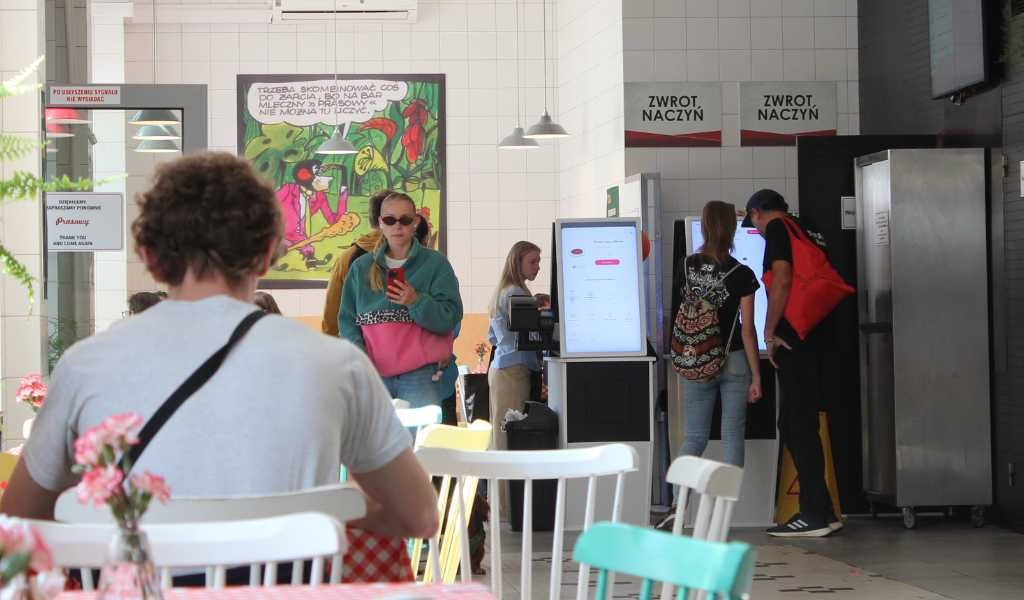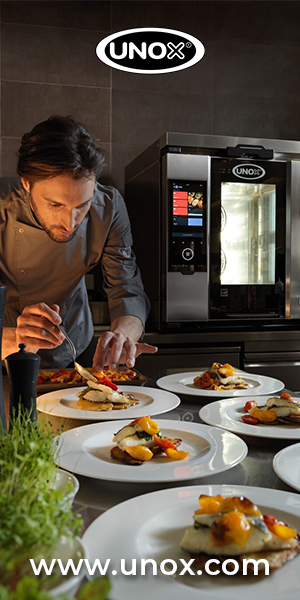Two state-subsidised ‘public restaurants’ will be piloted in the UK as part of new research into whether they can help improve public health by providing an affordable alternative to unhealthy convenience food.
The pilot restaurants will open in the cities of Dundee and Nottingham, offering locally produced food and supporting sustainable and ethical farming practices.
Public restaurants are not a brand-new idea. They were a staple of wartime Britain, and countries like Brazil and Poland have run them for years. However, this project is the first of its kind in the UK today, testing whether public restaurants can help address modern issues such as poor diets, food inequality, and environmental concerns.
Offering alternatives to ultra-processed foods
Public restaurants will offer healthy alternatives to fast food, ready meals, and other unhealthy convenience options that have skyrocketed in the UK in recent decades. These convenience foods are high in salt, sugar, saturated and trans fats, and ultra-processed foods (UPFs). UPFs contain non-food additives and are linked to significant health problems; the UK is now on par with the US in terms of the highest rate of ultra-processed food (UPF) consumption globally.
Dr Elise Wach, lead researcher for the project, from the Institute of Development Studies, says it’s easy to see why most people are eating a lot of unhealthy convenience foods: “The clue is in the name – it’s convenient. So, our challenge is to make good food just as convenient. And by good, we mean food that doesn’t have loads of additives, doesn’t increase your risk of diabetes or cancer, and doesn’t cost the earth or exploit people when it is produced.
“Many initiatives seek to educate people about how to cook and how to make healthier choices, and while there’s certainly a role for that, they don’t address the barriers to healthy and sustainable eating that many people, especially families with children, face. One in 10 people in the UK don’t even have a freezer. Foodwork – planning, shopping, cooking, feeding, cleaning up – takes time and physical and mental energy. It requires you to be near shops that offer decent ingredients, have the money to buy that food, and have decent cooking facilities.
“Public restaurants can change that. By offering nutritious meals at affordable prices, these spaces could help level the playing field. They’re designed to be welcoming to everyone – no matter your income or background, they are attractive, comfortable places to be in – somewhere that you could take the kids or a colleague or your mum for a good meal.”
Reflecting the needs and priorities of communities
The pilot restaurants are set to open in April 2026 and will be co-designed with local residents and partners in Dundee and Nottingham to ensure they reflect the tastes, needs and priorities of their communities.
These restaurants could be part of public infrastructure, much like public transport or public libraries.
The project, called DISHED (co-Designing innovative Infrastructure for Sustainable, Healthy and Equitable Diets), will not only draw on local voices but also learn from past and present public restaurant models, including those in Denmark, Brazil, and Poland, as well as post-war Britain, undertaking the first international comparison of public restaurant models in the UK.
An evaluation of the restaurant pilots will provide invaluable insights into the efficacy and public benefits of the approach.
Funding for the project comes from UK Research and Innovation (UKRI), a non-departmental public body sponsored by the Department for Science, Innovation and Technology (DSIT), to tackle food inequality and support the broader aims of a 10-year plan from the National Health Service (NHS) to improve public health.







